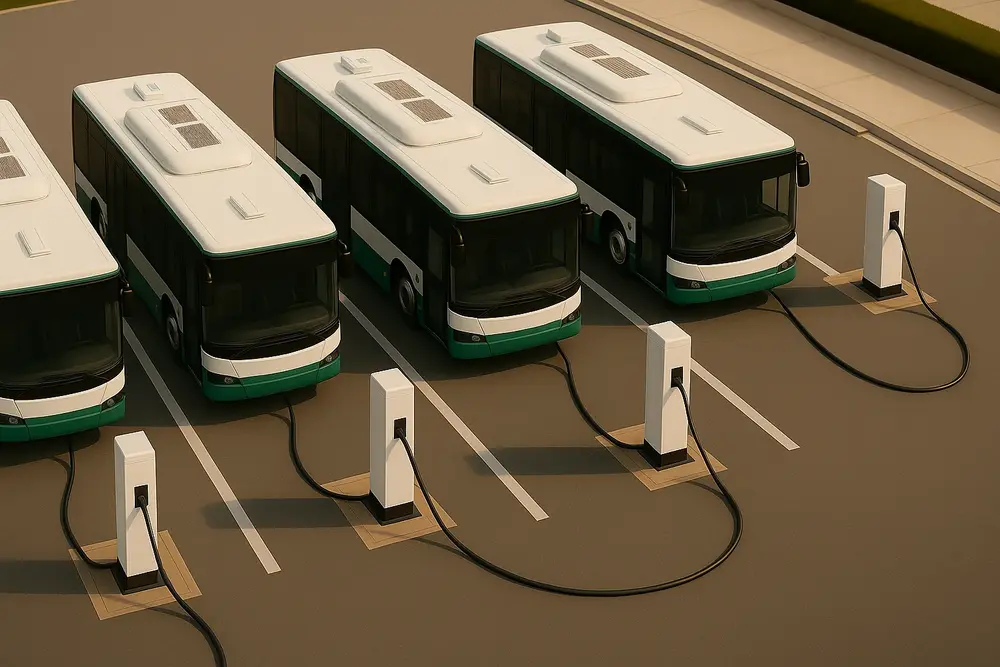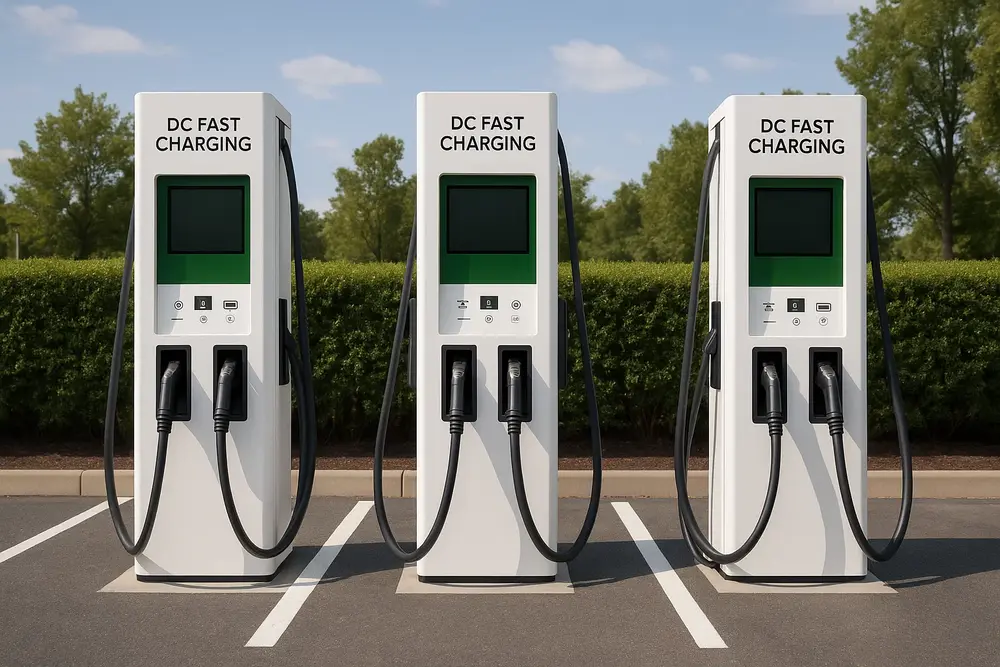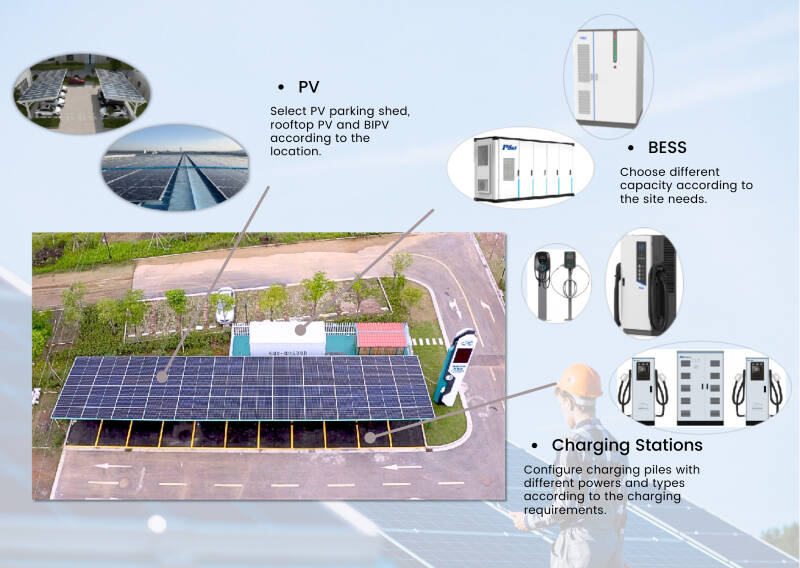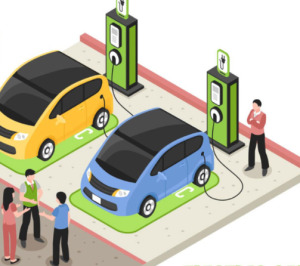
Products
Fast, Reliable, Everywhere

Solutions
Efficient, Innovative EV Charging Solutions.
News
We are committed to the innovation and application of EV charging.
As cities worldwide accelerate the transition to greener transportation, Bus Charging Stations have become a critical part of the electric mobility ecosystem. Whether you are a public transport operator, fleet manager, or infrastructure investor, understanding the latest trends, technologies, and best practices in bus charging infrastructure is essential for success.

A Bus Charging Station is a dedicated facility equipped with high-power charging equipment designed to recharge electric buses efficiently and safely. Unlike regular EV chargers, these stations are tailored to the larger battery capacities and operational demands of electric buses, supporting both overnight depot charging and fast opportunity charging at transit hubs.
There are several mainstream charging solutions for electric buses:
Depot Charging: Buses are charged at the depot, usually overnight, using AC or DC chargers ranging from 60kW to 150kW.
Opportunity Charging: High-power DC chargers (up to 600kW) are installed at bus stops or terminals, enabling quick top-ups during short stops.
Pantograph Charging: Uses overhead conductive systems for automated, high-speed charging, minimizing downtime.
Lower Operating Costs: Electricity is cheaper than diesel, and maintenance costs are reduced.
Environmental Sustainability: Zero tailpipe emissions contribute to cleaner air and lower city carbon footprints.
Quiet Operation: Electric buses and charging stations reduce noise pollution in urban environments.
Smart Charging Management: Advanced charging management systems help balance power loads, optimize charging schedules, and reduce grid impact.
When selecting a bus charging station supplier or manufacturer, enterprises should consider:
Charging Standards Compliance: Compatibility with CCS, CHAdeMO, or other local standards.
Scalability: Ability to expand charging infrastructure as the fleet grows.
Reliability & Support: Proven track record and after-sales support.
Custom Solutions: OEM/ODM capabilities for custom charging requirements.
Integration: Ability to interface with fleet management and payment systems.
With government mandates and incentives driving the adoption of electric buses, demand for reliable, high-capacity charging infrastructure continues to rise. Leading manufacturers and suppliers are innovating with modular charging systems, energy storage integration, and intelligent monitoring solutions to meet the evolving needs of public transport operators.
Choosing the right supplier ensures:
Safe and efficient daily operations
Compliance with local regulations
Reduced total cost of ownership
Flexible solutions for different deployment scenarios
As the world embraces sustainable urban transit, bus charging stations will play a vital role in shaping the future of public transport. Investing in quality charging infrastructure from a reputable supplier is the key to successful fleet electrification, ensuring your operations remain efficient, cost-effective, and future-proof.




